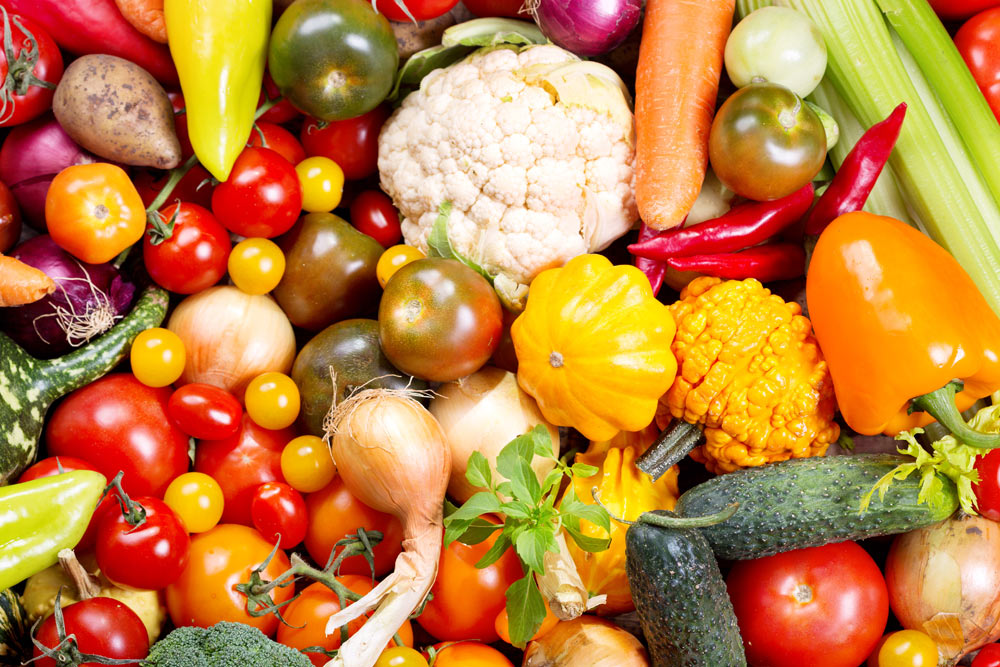Simple Carbohydrate
Carbohydrates are made up of Carbon, Hydrogen, and Oxygen, shown chemically as CnH2nOn.
Simple carbohydrates are referred to as monosaccharides or disaccharides. “Mono” meaning “one”, “di” meaning “two” and “saccharides” meaning “sugar”.
These terms refer specifically to the amount of building blocks found in a simple carbohydrate. Simple carbohydrates are made up of one or two building blocks.
Carbohydrates provide 4kcal of energy per 1gram of carbohydrate and are our bodies preferred fuel source.
Glucose which is a monosaccharide, is transported around the body to be used as the fuel which replenishes the stores of ATP that are stored in the cells.
About 5 grams of glucose circulates in the blood and is used as a source of fuel for the brain and nervous system.
Commonly found sources of simple carbohydrates:
- Fruits
- White sugar
- Honey
- Milk
- Lollies
- High sugar content cereals
- Some muesli bars
- Sweet food that is high in sugar (biscuits, cakes etc.)
Complex Carbohydrate
Complex carbohydrates are made up of many building blocks linked together.
Polysaccharides is the term used to refer to a complex carbohydrate. “Poly” meaning “many” and “saccharides” meaning “sugar”.
Glycogen which is a polysaccharide, is stored in the liver and the muscles and is the main source of energy for the muscles.
The body can only store a certain amount of glycogen in the muscles and the liver an





Leave A Comment